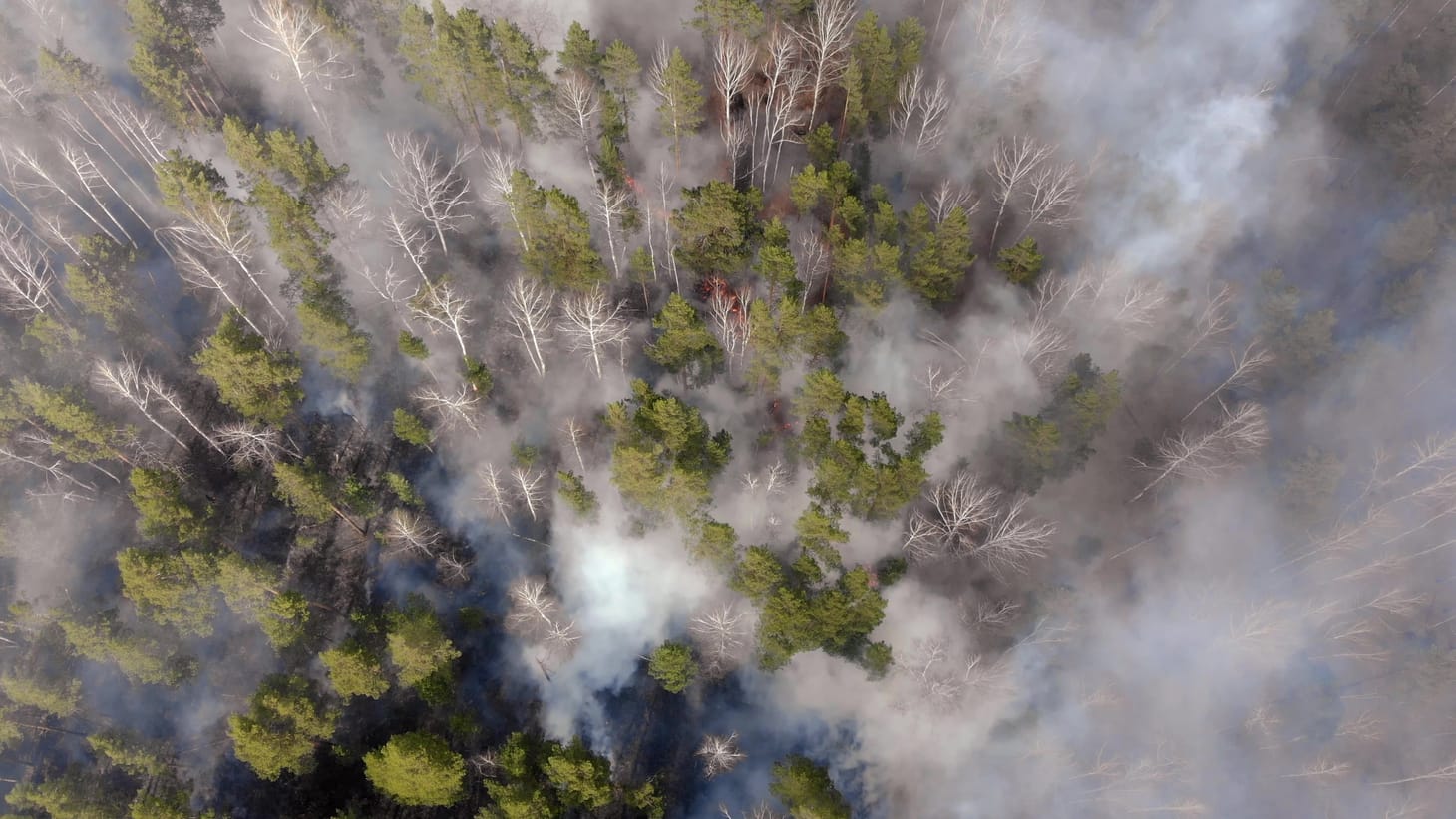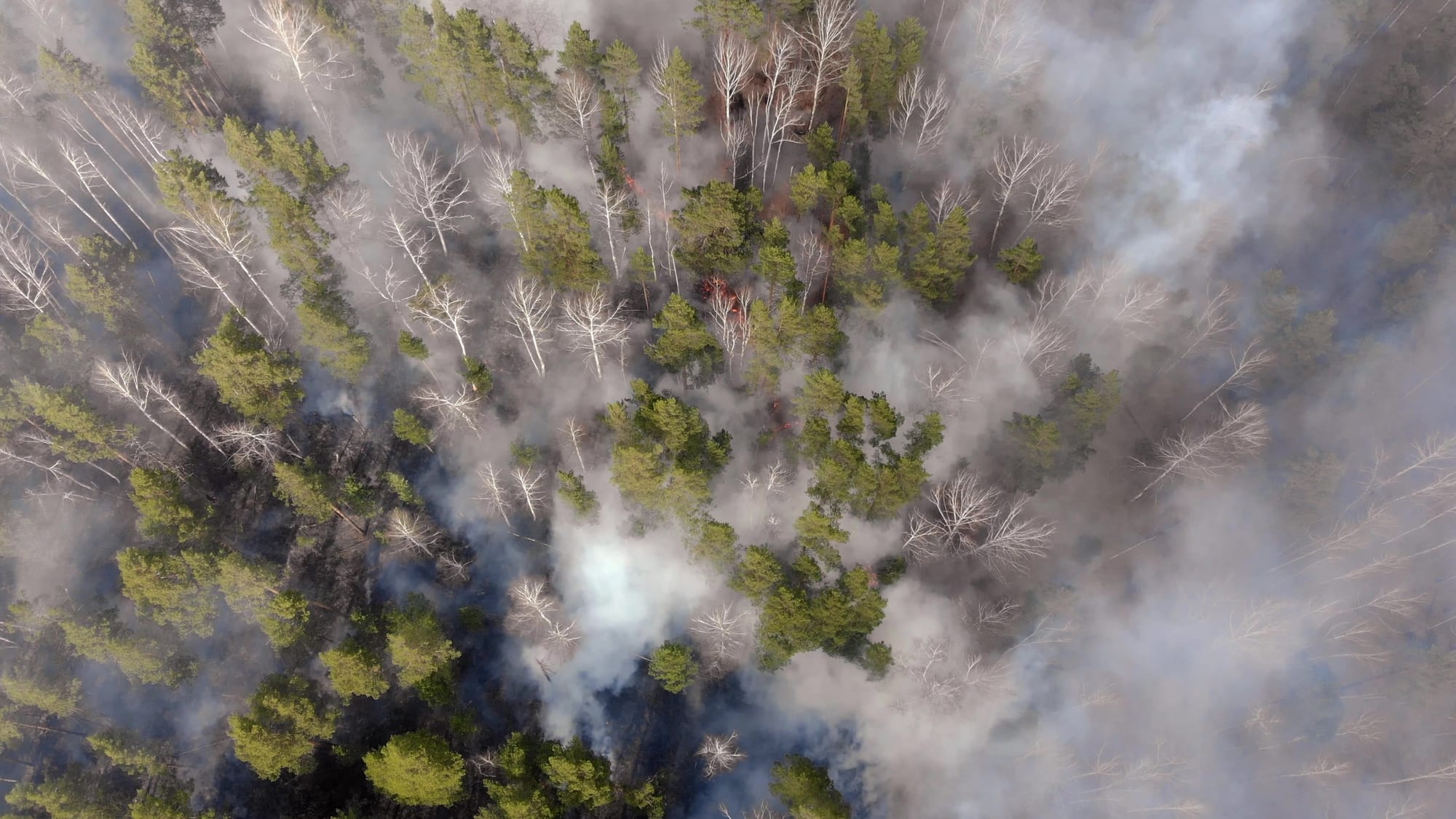Day 9: 'Vague and confusing'
Dunleavy delivers his State of the State, painting a rosy picture of a not-so-pretty situation.

It's Wednesday, Alaska—Day Nine of the legislative session.
In this edition: The Trump administration rescinded its OMB memo that tried to pause a wide swath of federal funding, but it hasn't brought much clarity to Alaska, a state that receives by far the most federal funding per capita. There were already disruptions to critical funding in Alaska before the freeze, and it sure looks like Team Trump is planning to continue to push ahead. In Alaska, it made a presentation about the economic impact of the non-profit sector pretty timely and ominous. However, you wouldn't know any of that if you had listened to Gov. Mike Dunleavy's blandly optimistic State of the State speech that was more notable for what wasn't in it than what was.
Current mood: 🫠
'Vague and confusing'

After being put on hold by a judge on Tuesday, the Trump administration rescinded the U.S. Office of Management and Budget memo that would have halted much of federal government spending on grants and loans, trickling out to just about everything in Alaska. It's not precisely clear what comes next because the White House has seemed to suggest that rescinding the memo was simply to moot the legal action and they were going to continue with their plans as laid out in Trump's executive orders. Those orders didn't explicitly call for a freeze; that was the OMB memo. So, really, who knows?
We did at least get a better look at the widespread impact it would have on Alaska's non-profit sector after a very timely lunch-and-learn meeting in the Legislature with Laurie Wolf, the CEO of The Foraker Group, which assists with non-profits throughout the state and has worked to understand their economic impact. She said employment concerns were the top issue in the wake of the Trump pause, noting that non-profit sector employment accounts for a larger share of jobs in Alaska than in other states at 14% to about 10% nationally. Some communities, she said, have non-profit employment rates that cross the 40% mark, in large part due to non-profit and tribal health providers.
Out of the nearly $39 billion that Alaska receives annually from the feds, most goes to the state government, while non-profits receive about $1.2 billion. Per The Foraker Group's work, the sector directly employs more than 35,000 people and has a trickle-out economic impact that equates to about $3.8 billion in wages.
"Every Alaskan would have felt that impact regardless of how they voted," she said. "Regardless of how they feel, you can't pull $38.6 billion out of our economy in one day and expect Alaskans not to feel that impact."
As for the coming days, she said that there are many, many uncertainties as everyone attempts to find some clarity on the Trump administration's actions. She said, for example, Infrastructure Investment and Jobs Act funding for projects overseen by the Denali Commission — which includes several climate readiness, plumbing and energy projects for rural Alaska communities — are on hold, and it's unclear what has happened to other infrastructure funding.
And it's important to keep in mind that funding disruptions were already well underway before Trump's OMB memo was issued, paused and rescinded.
At last week's hearing about the state's transportation plan, the Fairbanks local transportation group (which is FAST Planning and no longer FMATS, as I called it) said that Trump's executive orders would likely dash plans to install electric car chargers in the community and could throw the planned charging infrastructure along the Parks Highway into question.
The far-reaching confusion and uncertainty were well illustrated in a letter UAF Chancellor Dan White sent to faculty and staff, posted here to Bluesky.
"Because most of our researchers are subject-matter experts and not attorneys, this guidance may appear vague and confusing," he wrote. "As we navigate the changing landscape, however, please don't ignore agency guidance, even if it is vague or not specific."
More coverage: Alaska Public Media, Peninsula Clarion, Fairbanks Daily News-Miner
State of the Meh

Gov. Mike Dunleavy gave what will be his penultimate State of the State address on Tuesday night unless, of course, a spot in the Trump administration opens up before that. It was a snuffy boilerplate speech filled with vague platitudes about playing on the same team, how the best is ahead of us and how Alaska is the land of opportunity. As you'd expect, there was also much cheerleading about oil and gas developments under Trump and, oh my, more about that Harvard study that he now claims shows Alaska has the best charter schools in the country.
Frankly, it was a little more notable what was missing from the speech altogether, such as any reference to pause that had rocked the Legislature, the Denali name change—an issue he said he'd refrain from speaking on before he got a chance to check in with Trump—or even the glancing framework of a plan for the future. There was certainly no mention of the $1.5 billion deficit contained in his budget, let alone a way to pay for it other than unrealistically banking on Trump.
(Also, credit to the Gavel Alaska crew for touching on many of these shortcomings in a pre-show that KTOO's Claire Stremple anchored, which is at the start of the Gavel Alaska archive of the speech. It also included some frank analysis by Tim Bradner, publisher of the Alaska Legislative Digest and Alaska Economic Report, that Trump's actions aren't likely to be the boom some claim, in large part because none of it really does anything to settle uncertainty.)
His "We all care about the kids" talk also rang hollow when you recall that he vetoed a broadly popular permanent increase to K-12 funding last year and that his office was actively rallying opposition to a permanent increase this year.
He also offered a half-hearted call for collaboration with a Legislature controlled by two decidedly non-right-wing majorities, with little indication that he's actually willing to make any meaningful compromises on education, energy or the budget.
My take: Don't let him tell you who he is; let him show you who he is.
More coverage: Alaska Public, ADN, Alaska Beacon, KTUU, FDNM
Stay tuned.
The Alaska Memo Newsletter
Join the newsletter to receive the latest updates in your inbox.




